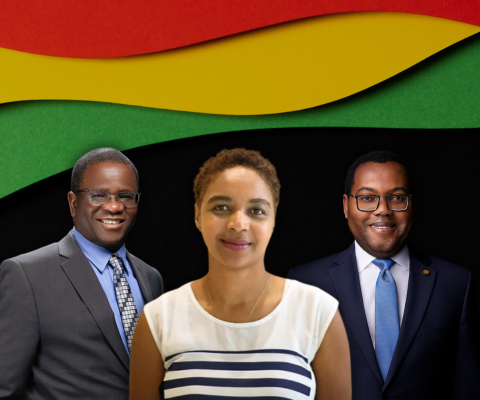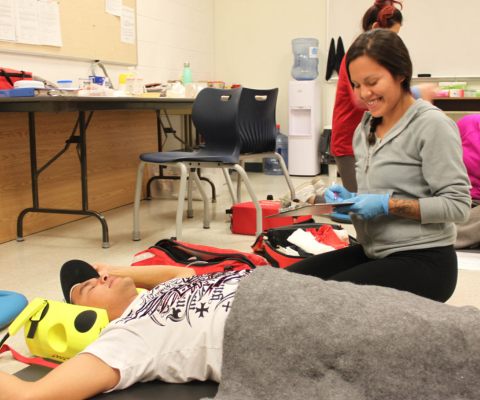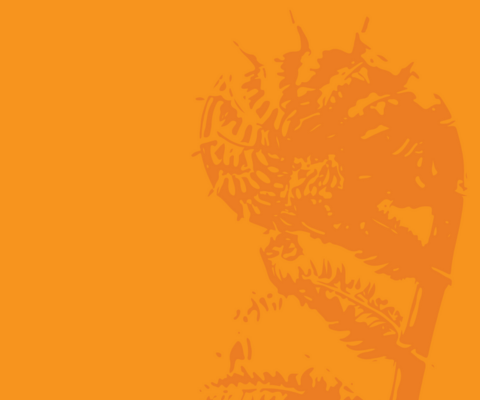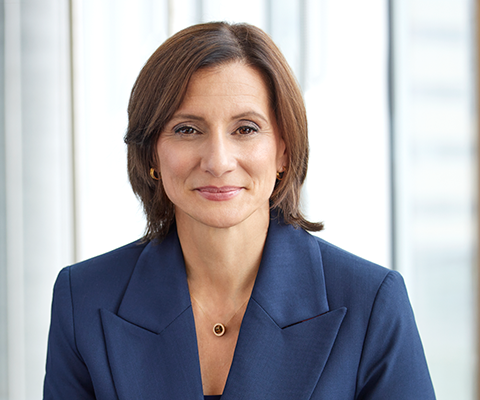University presidents on International Women’s Day: Jacqueline Ottmann
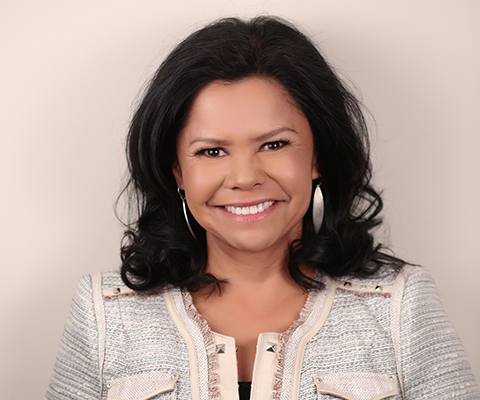
Jacqueline Ottmann, president of First Nations University of Canada, reflects on her experiences as an Indigenous, female leader and give advice for future generations of women.
What are the benefits to having women in leadership?
Before colonial legislation and practices, women in Indigenous communities had primary leadership roles and responsibilities – in many cases they had the final say in decision making. This is characteristic of matriarchal societies. The women were also the firekeepers in our communities; they nurtured, sustained, strengthened, and ensured the health of the community. There is a revitalization and resurgence of these practices.
Even with the attempted systematic suppression of Indigenous women voices, we have persevered and moved through tremendous adversity with courage and resolve. These stories are a part of me, and from them I know and do my best to demonstrate the many, many benefits of women in leadership.
What do you think is the most significant barrier to female leadership?
Stereotypical views of women and patriarchal behaviours continue to overtly and covertly influence organizational systems, structures, and policies. Even with more awareness of disparities, men still dominate senior level roles within the academy and wage inequities exist. Deep seated cultural shifts are needed within our organizations and society for sustained change that benefit and recognize women.
How important is it to have a mentor to grow as a leader?
I have been surrounded by strong women and men in my personal and professional life. I’ve witnessed these people experience pain, struggle, heartache and demonstrate resilience, resolve, and power. Witnessing is a form of mentorship, more informal but just as powerful as formalized mentorship relationships. We must be mindful that many people witness our actions – we can either inspire and nurture or discourage and impede growth and healing.
I have also had the privilege of having many of my (s)heroes and mentors, in my professional world, become confidants and friends. I often find it surreal to visit with people like Drs. Jo-ann Archibald, Verna St. Denis, Marie Battiste, and Gregory Cajete (to name a few). I recognize that this a testament of the beautiful progression of relationship. I have been encouraged, guided, and uplifted by my mentors.
How do you balance career, personal life and interests? Is balance possible?
I have a purpose-driven life. I have intentionally weaved my professional and personal live together and worked against a distinctly siloed life. This way of being was modeled by my parents. My dad, late Chief Allan Paquachan, would often engage us in his work. As a teenager and young adult, I would attend and observe Chief and Council, Tribal, Federation of Sovereign Indigenous Nations, and Assembly of First Nations meetings. And we could never escape my mom’s (Marjorie) work. She was one of our First Nation’s school bus drivers. We understood their careers. That is what I wanted for my children. Over the years, they have traveled with me to conferences, observed academic and political meetings, and sat in the room where I was teaching. They’ve met very successful and aspiring Indigenous professionals. Through this, they also understand what keeps my mind occupied and what sometimes took me away from home.
I am also mindful of my ‘wholistic’ health. My physical health (walking, running, weight training, and sleep), emotional health (maintaining friend, family, and community relations), spiritual health (mindfulness, meditation, and prayer), and intellectual health (seeking and expanding my knowledge in various ways) are very important to me, and have become a lifestyle – a way of being and doing.
What advice would you give to the next generation of female leaders?
I would begin by saying that we need you – your skills, talent, and gifts! We need to hear your voice and know your stories. Be bold and courageous as you exert your creativity and realize your dreams. Know that you are more than enough and that you are never alone. Seek mentors and wise ones to support your journey. You’d be surprised who shows up for you. Live a purpose driven life and lifestyle that nurtures your whole self. I am very hopeful because you exist.
About Universities Canada
Universities Canada is the voice of Canada’s universities at home and abroad, advancing higher education, research and innovation for the benefit of all Canadians.
Media contact:
Lisa Wallace
Assistant Director, Communications
Universities Canada
[email protected]
Tagged: Equity, diversity and inclusion
